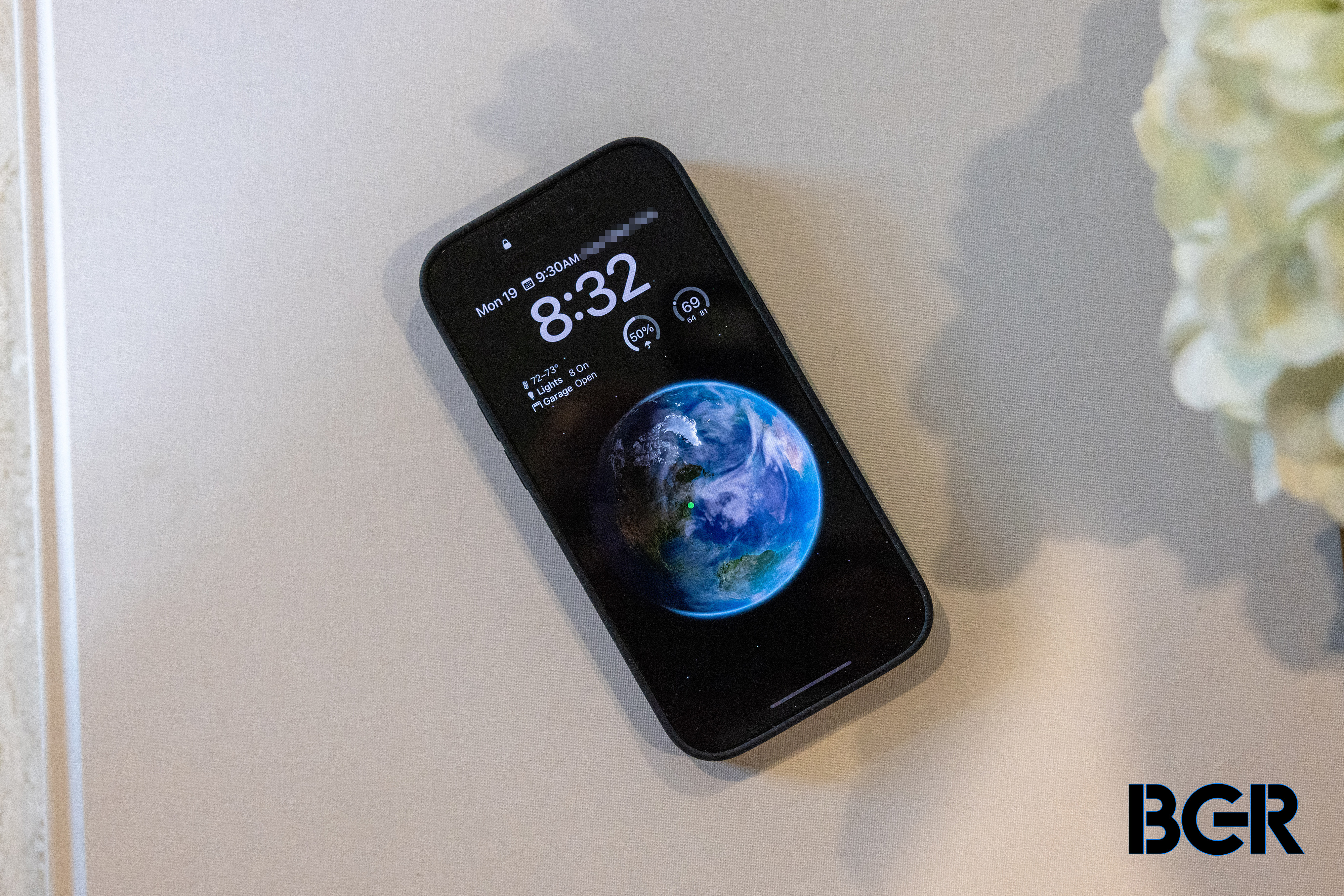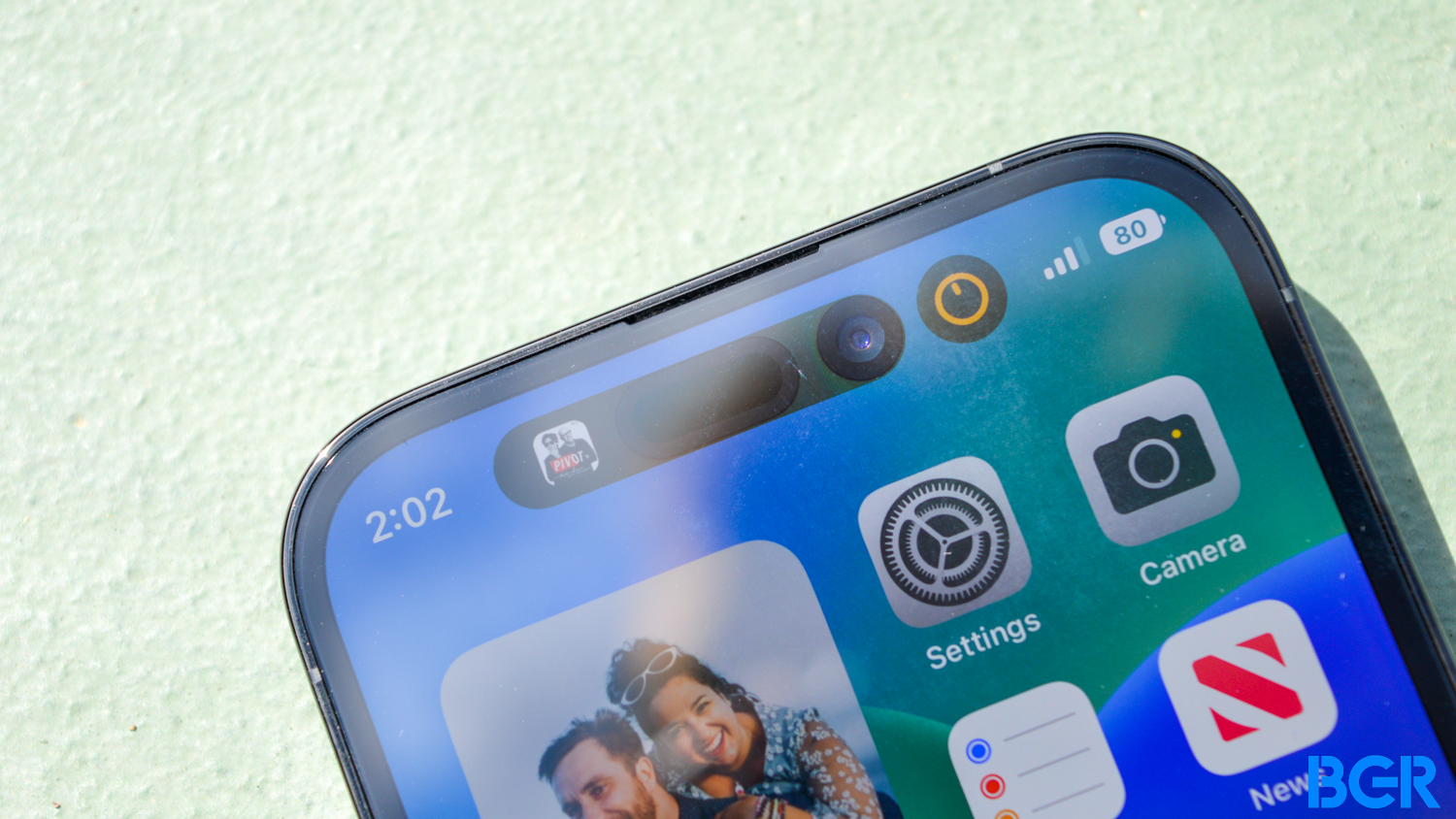Smartphone users who witnessed the iPhone revolution in 2007 should remember the years that followed when nearly every smartphone maker turned to touchscreen-based devices. One company made smartphones that looked so much like the iPhone that Apple sued it multiple times. You probably know that’s Samsung, and you might remember Samsung’s infamous 132-page document that explains how to copy the iPhone pixel-by-pixel.
Ironically, Samsung is now afraid that Apple might steal its OLED display secrets.
More than a decade later, the Galaxy S looks nothing like the iPhone, but Samsung still follows Apple’s lead in the business. The two rivals settled their legal disputes years ago and have a massive business relationship. But according to a new report, it’s one that Apple would very much like to avoid. It can’t, however, because Samsung is the best OLED panel maker for the iPhone.
According to The Information, Apple has been trying to get rid of Samsung for years.
The Korean giant’s leadership is undisputed when it comes to OLED manufacturing tech. Samsung is probably the only company that can mass-produce the volume of OLED screens that Apple needs. And the relationship is very lucrative.
Apple started developing microLED displays for the iPhone about a decade ago and wanted to use the screens for the 2017 iPhone X. But the manufacturing process is complex and expensive. And yields aren’t where they should be. Apple’s first microLED device might be an Apple Watch model next year. It could be years before the iPhone gets a microLED panel.
Apple has been looking to diversify its iPhone OLED screen supply in recent years, and we’ve followed those developments closely. LG and BOE have both entered the iPhone supply chain. But their OLED tech isn’t on par with Samsung’s, which remains the dominant player in the market.

Yet Samsung is afraid of Apple and treats the company differently than other suppliers. Citing interviews with various sources, including former Apple employees, The Information has detailed examples of Samsung’s distrust towards Apple.
In one 2017 incident, Apple employees flew to South Korea from the US but weren’t allowed inside Samsung’s facilities. Instead, they had to speak with their Samsung contacts remotely.
In a different incident, Samsung initially barred an Apple security employee from auditing a Vietnam factory assembling iPhone X display modules. The employee was finally allowed to inspect the factory as long as he didn’t stop walking to look at the surroundings. Also, someone from Samsung had to escort him at all times.
On one occasion, when Apple sent Samsung questionnaires about Samsung displays, the Korean company returned the documents with only one response: “Confidential.”
The report also notes that Samsung doesn’t respond well to criticism and would ship screens with defects. It reportedly happened in 2012 with iPad mini LCD screens that had small imperfections, yet Samsung didn’t replace them. Years later, a similar incident happened with MacBook displays, and Apple had to pause production as a result.
Samsung also shipped screens for the iPhone 14 Pro with manufacturing flaws stemming from drilling the holes for the Dynamic Island. Apple wanted Samsung to add another step during production to prevent the issue. Samsung complied but only after initially refusing the request.

Why does Samsung behave this way with Apple? Because it knows it can. There’s no other supplier to replace its OLED screens, and Apple can’t advance its microLED tech quickly enough. But The Information also explains why Samsung’s concerns that Apple might steal its tech might be warranted.
Most Apple suppliers reportedly have no problem opening the doors to Apple engineers so they can help fix production issues. Apple apparently shares the knowledge it gains from dealing with one manufacturer with its competitors that might also supply parts for Apple’s devices. This makes them more competitive and drives down prices.
On the other hand, Apple is very secretive about its own products. There’s no reason other companies should be any less protective.
Samsung might not be afraid Apple will steal OLED panel production secrets to manufacture screens on its own. Instead, Samsung might worry that Apple would help LG and BOE advance their OLED screen production lines. In turn, this would impact Samsung’s revenue, as Apple could reduce Samsung’s iPhone display stake and even cut prices.
Still, Samsung is the same company that rose to the top of the smartphone business by copying the iPhone pixel by pixel, and it never looked back.
From a different report, we know how fierce the battle over OLED display manufacturing secrets is between Korea and China.








